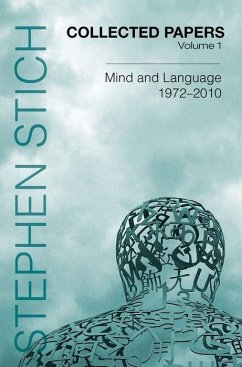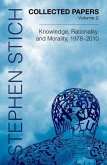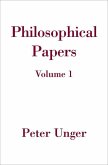This volume collects the best and most influential essays that Stephen Stich has published in the last 40 years on topics in the philosophy of mind and the philosophy of language. They discuss a wide range of topics including grammar, innateness, reference, folk psychology, eliminativism, connectionism, evolutionary psychology, simulation theory, social construction, and psychopathology. However, they are unified by two central concerns. The first is the viabilityof the commonsense conception of the mind in the face of challenges posed by both philosophical arguments and empirical findings. The second is the philosophical implications of research in the cognitive sciences which, in the last half century, has transformed both our understanding of the mindand the ways in which the mind is studied. The volume includes a new introductory essay that elaborates on these themes and offers an overview of the papers that follow.
Hinweis: Dieser Artikel kann nur an eine deutsche Lieferadresse ausgeliefert werden.
Hinweis: Dieser Artikel kann nur an eine deutsche Lieferadresse ausgeliefert werden.
..The papers collected in these two volumes have been cited and reprinted many times. But the two introductory essays make clear that, for Stich, the academic aspect of philosophy is inseparable from the human aspect: the chance encounters, the successes and failures, the collaborators, critics, and students. The philosophical process comes across as a flawed but optimistic enterprise, but ultimately as an enterprise which is inescapably human. Zoe Drayson, Mind








